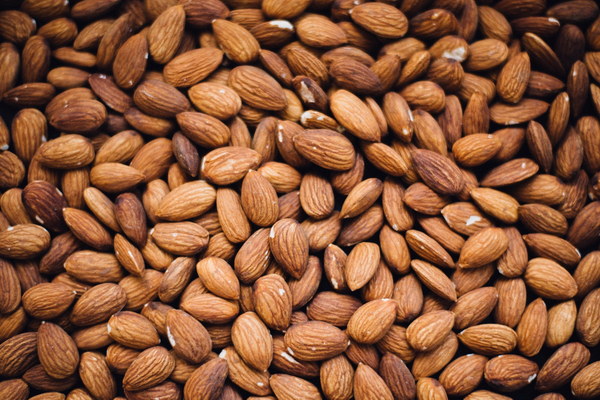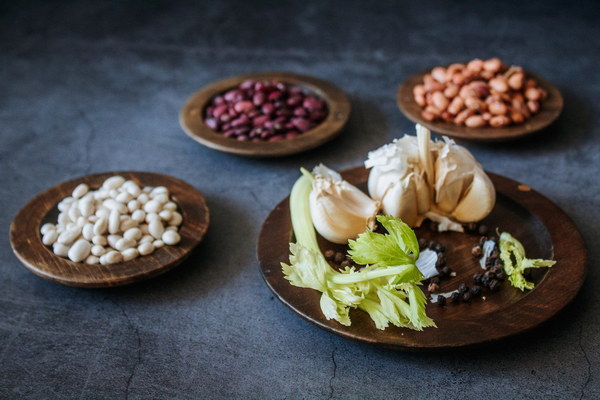Unveiling the Differences Traditional Chinese Medicine, Food as Medicine, and Dietary Therapy
The concept of food as medicine has been deeply rooted in traditional Chinese medicine (TCM) for centuries. It emphasizes the idea that certain foods possess healing properties and can be used to treat or prevent diseases. However, there are significant differences between TCM, food as medicine, and dietary therapy. This article aims to explore the distinctions between these three approaches.
Firstly, let's delve into traditional Chinese medicine. TCM is a comprehensive medical system that dates back thousands of years. It encompasses various practices, including herbal medicine, acupuncture, and tai chi, all aimed at achieving balance in the body's energy, or Qi. TCM views illness as a result of an imbalance in the body's Yin and Yang forces. Herbs used in TCM are not only consumed for their nutritional value but also for their therapeutic properties. These herbs are often prescribed in combination to address specific health concerns.
On the other hand, food as medicine is the concept of incorporating certain foods into one's diet to promote health and prevent or treat diseases. While there is some overlap with TCM, the primary focus is on the nutritional value of foods. Foods with medicinal properties are often rich in vitamins, minerals, antioxidants, and other bioactive compounds that can help maintain or improve health. For example, ginger is known for its anti-inflammatory properties, and green tea is renowned for its antioxidants. People who follow a food-as-medicine approach may choose to consume these foods regularly or use them as part of a specific treatment plan.

Dietary therapy, also known as nutritional therapy, is a more structured approach that involves modifying one's diet to address specific health issues. This method often requires a thorough assessment of an individual's nutritional needs and may involve dietary restrictions, food substitutions, or specific meal plans. Unlike TCM and food as medicine, dietary therapy is more focused on the nutritional aspect of health and may not always involve the use of herbs or other traditional remedies.
Now, let's discuss the key differences between these three approaches:
1. Scope: TCM is a comprehensive medical system that encompasses various practices, while food as medicine and dietary therapy focus more specifically on the nutritional aspect of health.
2. Purpose: TCM aims to achieve balance in the body's energy and treat illness, food as medicine focuses on promoting health and preventing diseases, and dietary therapy is designed to address specific health concerns.
3. Ingredients: TCM utilizes a wide range of herbs and natural remedies, food as medicine emphasizes certain foods with medicinal properties, and dietary therapy may involve specific dietary changes or meal plans.
4. Practitioners: TCM is practiced by qualified TCM practitioners, food as medicine can be followed by anyone interested in nutrition, and dietary therapy is typically provided by nutritionists or dietitians.
In conclusion, while there are similarities between traditional Chinese medicine, food as medicine, and dietary therapy, each approach has its unique characteristics and focuses. Understanding these differences can help individuals make informed decisions about their health and wellness journey. Whether it's incorporating certain foods into one's diet, seeking the guidance of a TCM practitioner, or working with a nutritionist, the key is finding the right approach that aligns with one's personal health goals and preferences.









